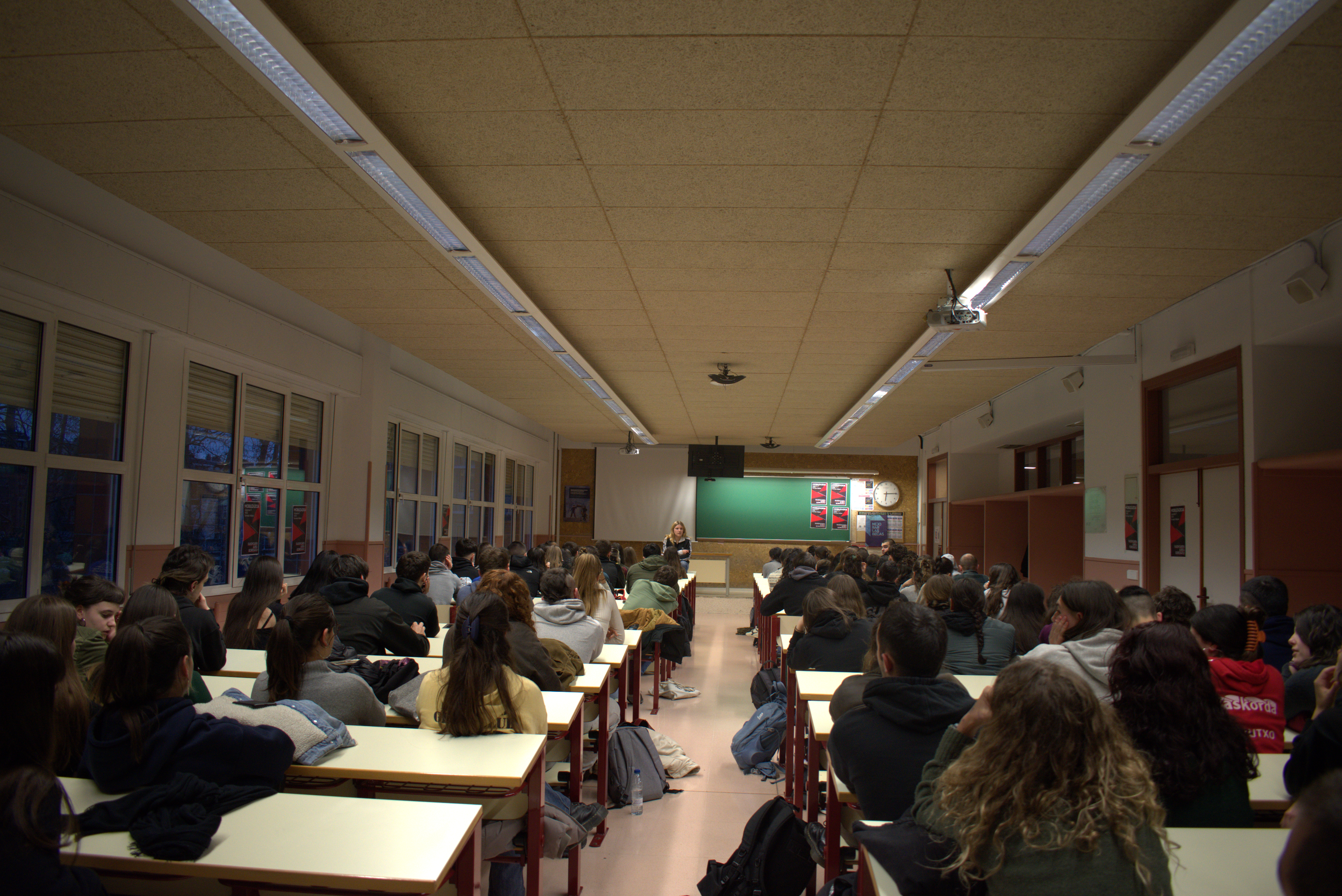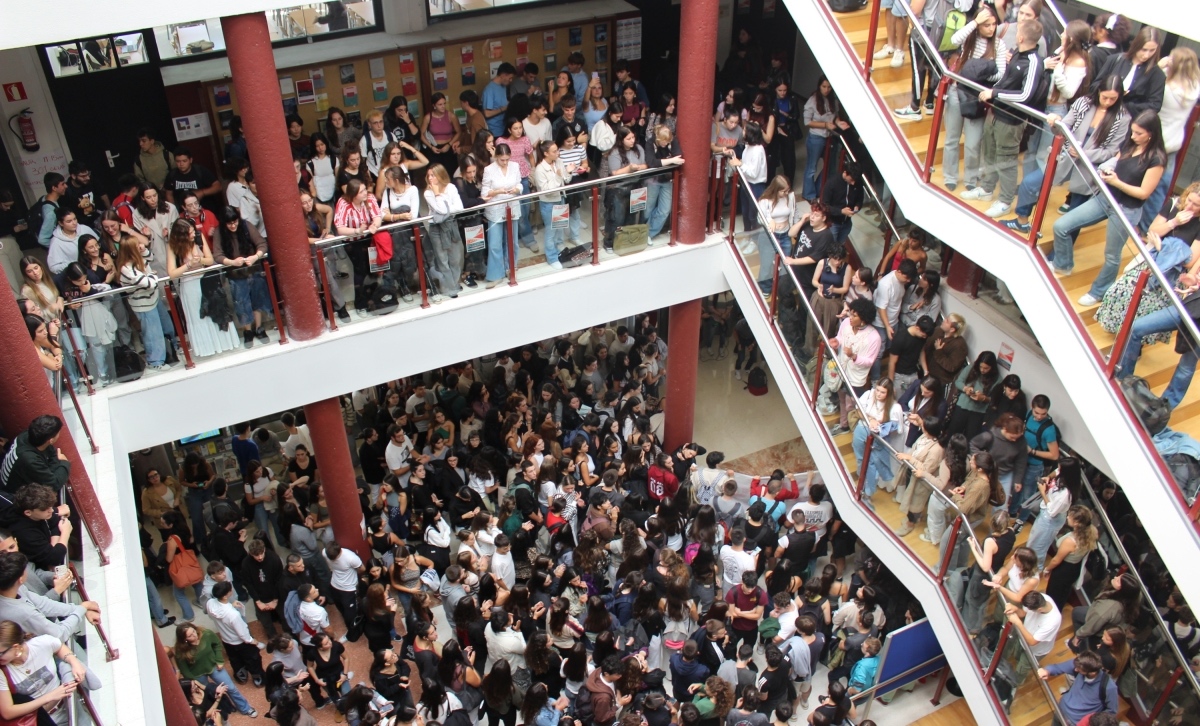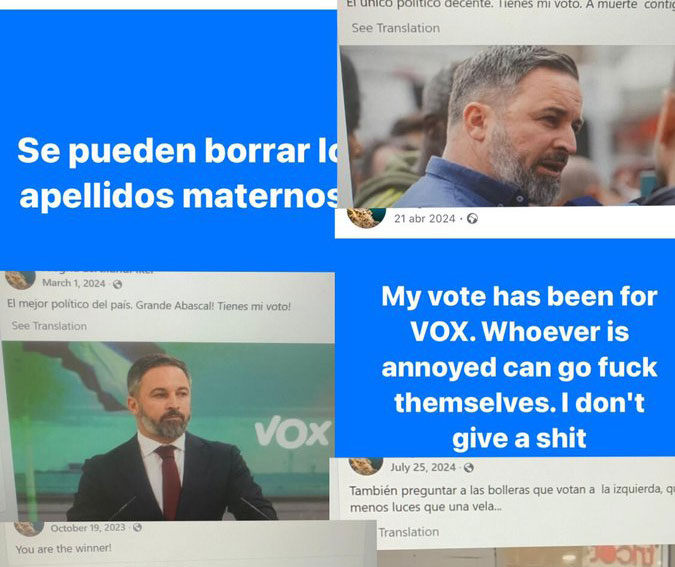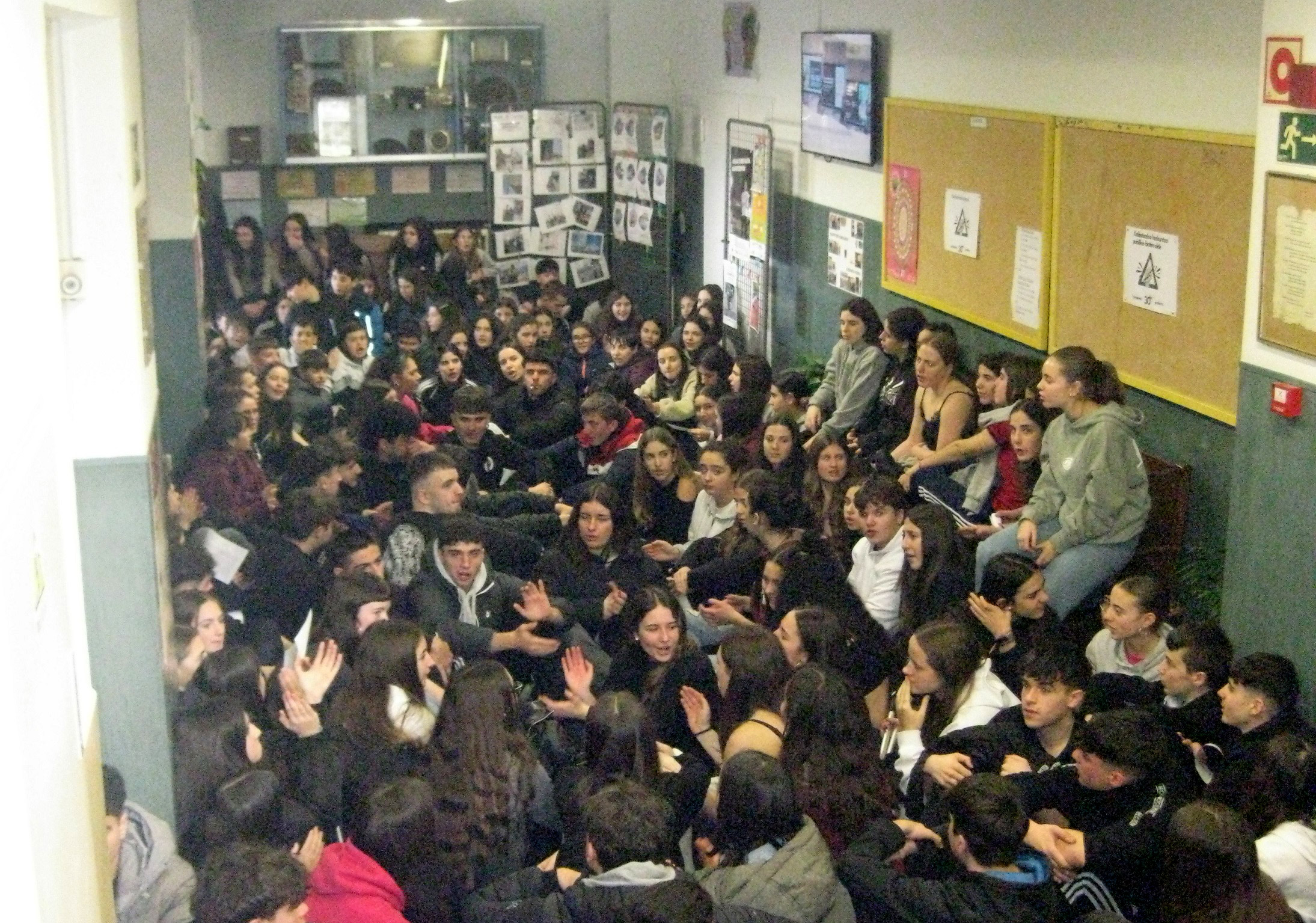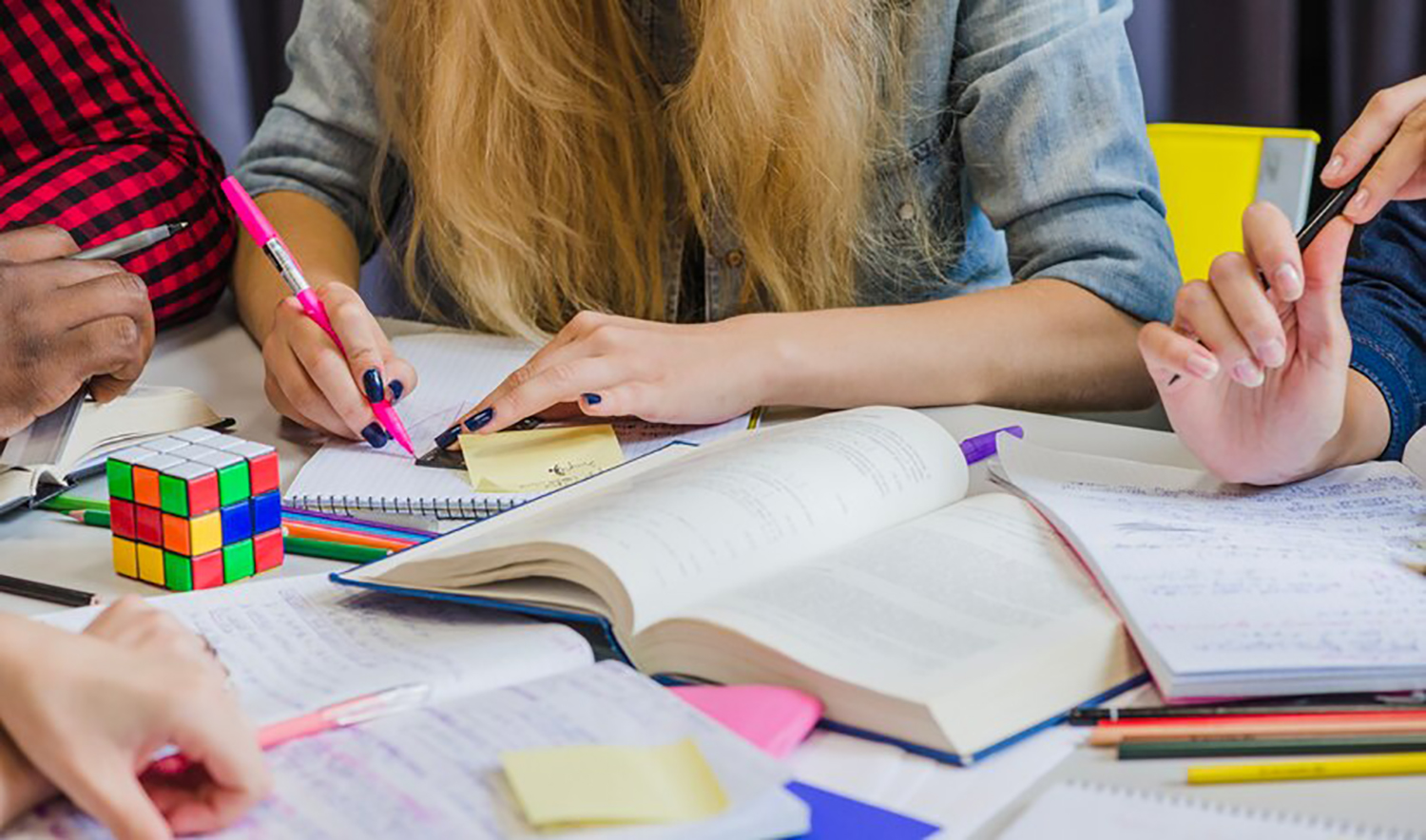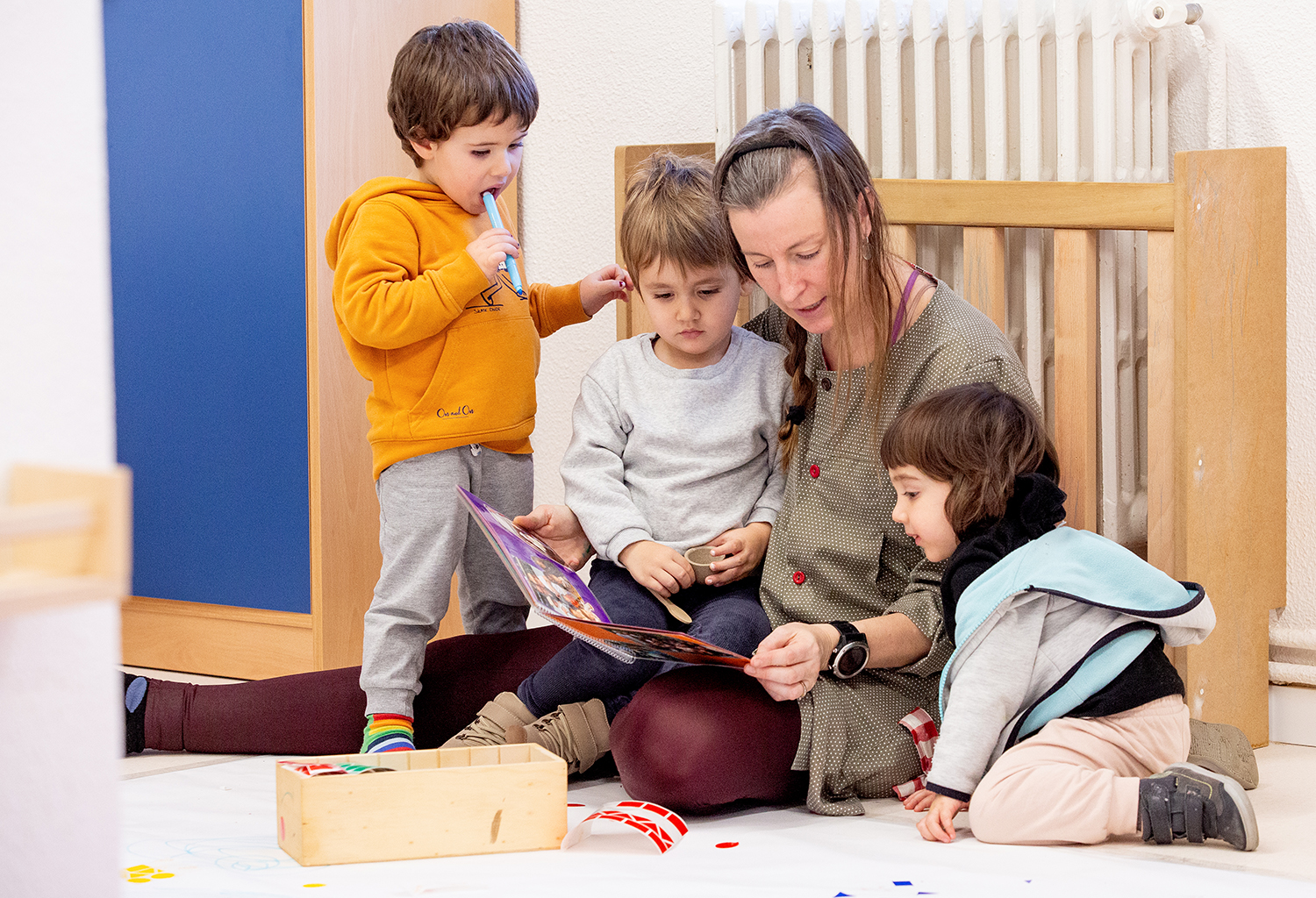Motivating adolescents: keys given to us by neuroscience
Sara is 14 years old and has been a model student since her childhood, but in third of that she has begun to lose her attention, at the height of the emotions. It doesn't go with math. At home, her father comments that in family they have never been lovers of numbers, and Sara asks: What to try for?

It is clear: Sara's demotivated. The lack of academic motivation is increasing among adolescents, according to statistics. There is therefore an urgent need to do something to change that. But first we have to understand that if we want to change this reality, we have to go further, find out why. And that's exactly what the learning neuroscience offers: it underscores the importance of understanding the anatomical and functional architecture of the brain to enhance brain health and performance.
Adolescent brain
Contrary to what you might think, the adolescent brain is not a reduced version of adults' brains. It is anatomical and functionally different, so their positions and needs are also different.
Imagine that Sara gets frustrated and leaves the math. We can think of him as a melodramatic, intense and impulsive teenager. Such attitudes are often attributed to hormones. But Sara's brain is just one part of the change she's experiencing. A study by the London Institute of Cognitive Neuroscience suggests that these types of attitudes respond to the slow maturation in the prefrontal cortex (rational system) during adolescence and to the changes experienced by the limbic system (emotional system). Joining a prefrontal cortex and a reactive reward system that is not mature enough, it is concluded that the brains of adolescents do not function as effectively as the brains of adults in terms of planning, tolerance to frustration and impulse inhibition. That is, they are more likely to feel defeated and stressed.
Academic motivation from neuroeducation
This idea is especially important when we talk about motivation, because the first thing we need to understand is that the brain is always choosing whether it has to fear or motivate. If it is frightened, it is prepared to flee, so that this situation is over. It does not matter if the student is very intelligent: he will not be able to understand or learn, even if he has the capacity to do so, because when he is activated the zone of fear will reduce the fluidity in the rational field, with which attention and motivation will decrease.
Therefore, neuroscience says that negative stress (excess stress) should be avoided in the classroom, for the benefit of motivation and therefore of learning. Teachers have the ability to generate greater motivation by creating a learning climate that minimizes excessive stress.
We would like to underline the pedagogical practice that helps in this direction: to promote the thought of growth.
Fixed thinking vs. growth thinking
American psychologist Carol Dweck says there are two ways to understand and respond to difficult situations: fixed thinking and thinking about growth. What thoughts will help Sara out of the “form of fear” and enter “as motivation”?
People with a fixed mindset believe that intelligence and skills cannot change. When they encounter a hard content or action, they don't stick to it, because they think that despite spending a lot of time and effort, they'll never be able to do it.
On the contrary, people with a growth mindset believe that talent and skills can be developed through continued work, learning strategies and, why not, the call for help. The most common thoughts of this kind of people are: “If I’m not good at anything, I’ll have to strive to overcome that barrier.”
Of course, the thought that will accompany Sara is that of growth. And that comes with another question. What can educators do to foster this thinking?
Within the thinking of growth, error is understood as one more tool of the learning process. Educators are asked to give students the opportunity to make mistakes
Formative evaluation: What is it?
Educational evaluation is something that teachers can do easily and with effective results to promote growth thinking, that is, to emphasize the improvement intervals and to give importance to the effort and the practice, the process.
In addition, within the thinking of growth, error is understood as one more tool of the learning process. Educators are asked to give students the opportunity to make mistakes and receive feedback with descriptive content (explaining progressively and clearly what they have to do to further improve). Thus, the quality control of the task does not rest on one's own gifts, but on concrete things that each can do through the effort.
The main message is that for students to learn they have to be “in the form of growth” and not “in the form of survival”. The creation of this environment is the responsibility of adults insofar as we have a more mature and balanced rational and emotional system. Therefore, families, faculty and counselors can delve into the aforementioned strategies and, above all, learn to convey this message in their attitudes and behaviors. Living inside and outside the classroom from the thought of growth reinforces our intrinsic motivation for learning and teaching.
The Department of Education doesn't understand why public employees have gone on strike. He's got to ask the LAB Syndicate. This union signed an agreement with the department in April 2023. Two years later they have also called for a strike because, unlike the previous ones, the... [+]
Erretiratu berri den lankide-ohi baten omenez, Historiako irakaslea. Bejondeizula!
Hezkuntza-legeek azpimarratzen dute zein garrantzitsua den ikasleengan pentsamendu kritikoa sustatzea. Baina irakasle-klaustroak, garai batean ideien eztabaidarako eta proposamenak... [+]








_2.jpg)
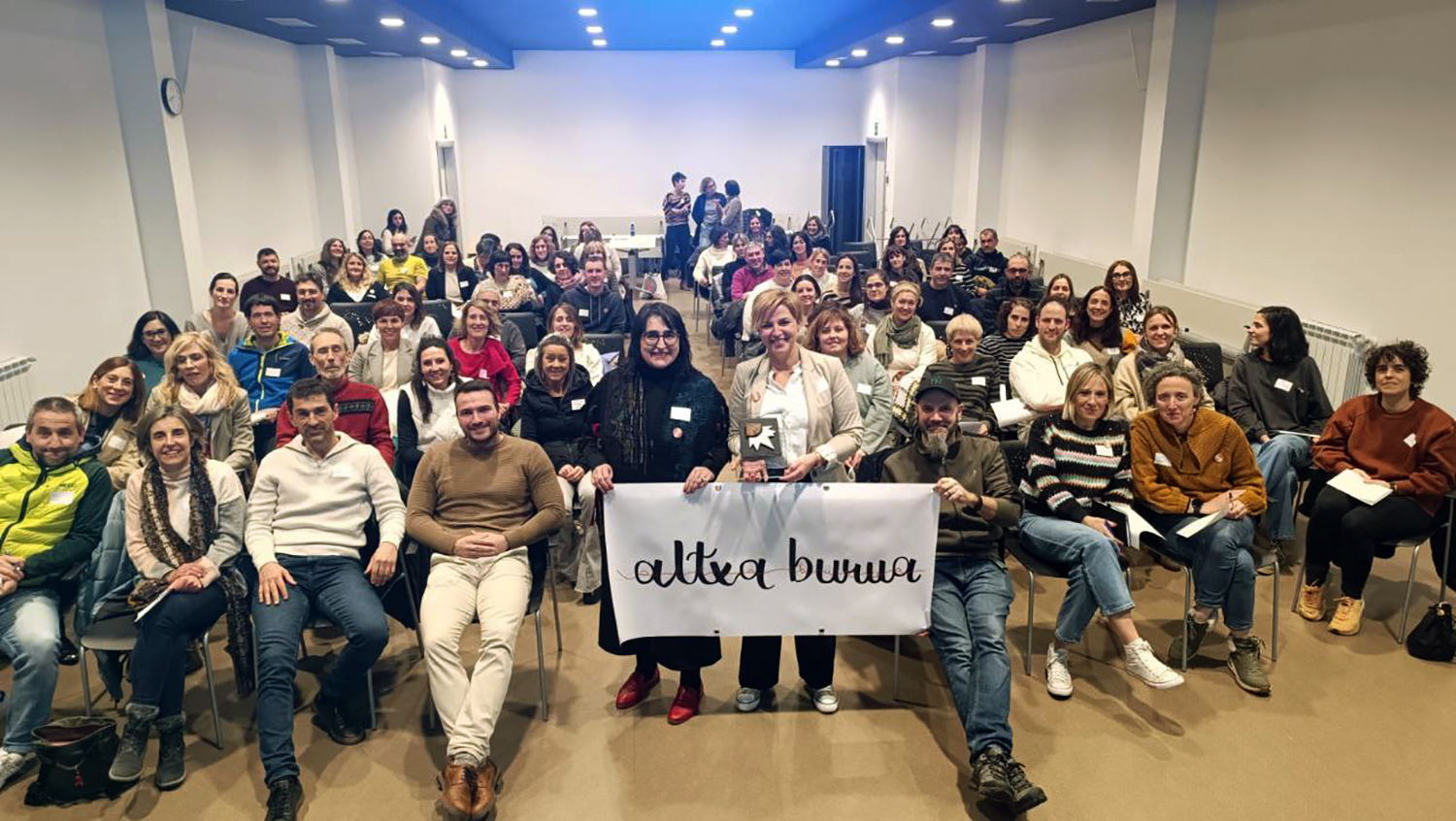
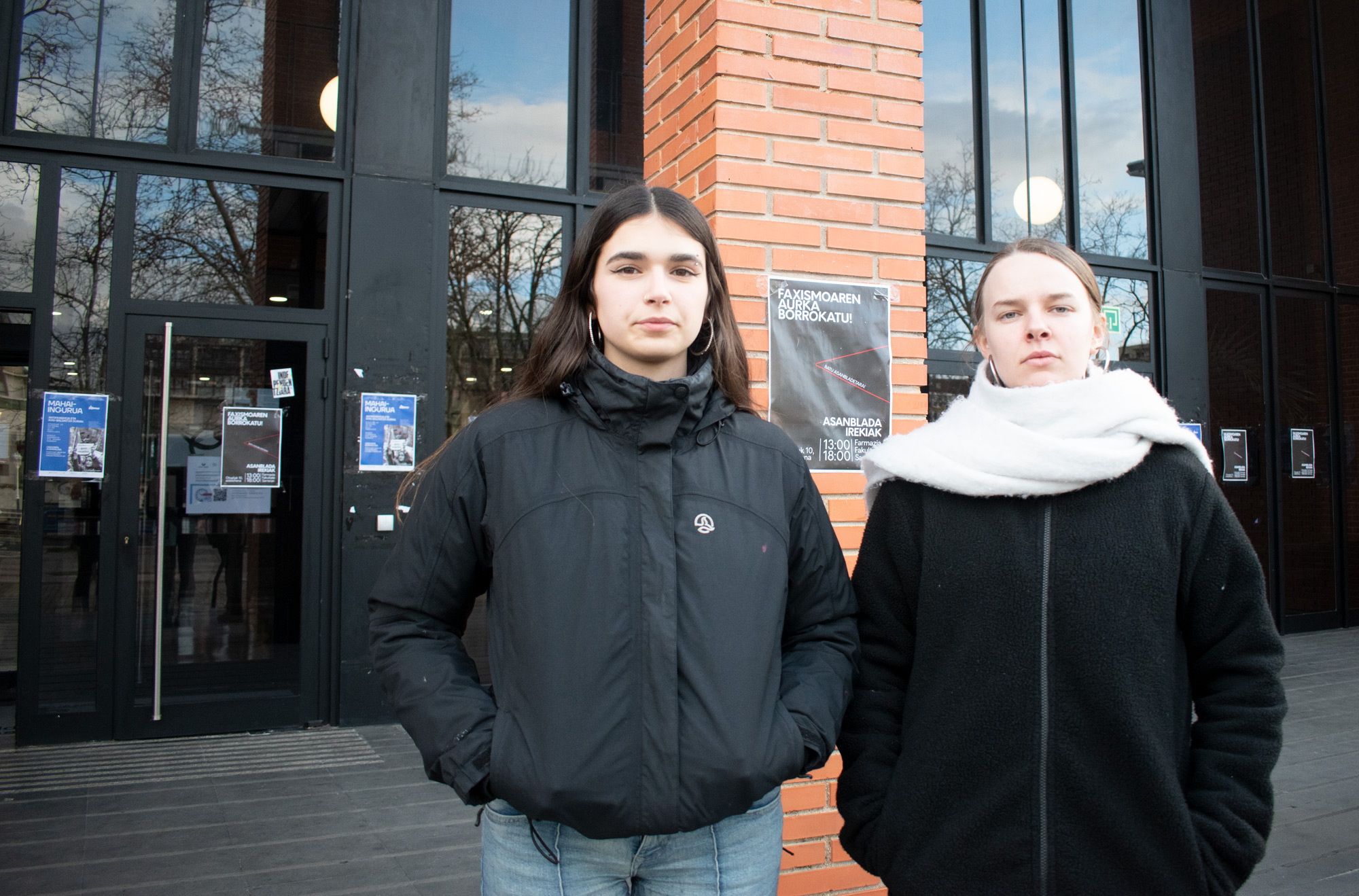
_2.jpg)

_2.jpg)
